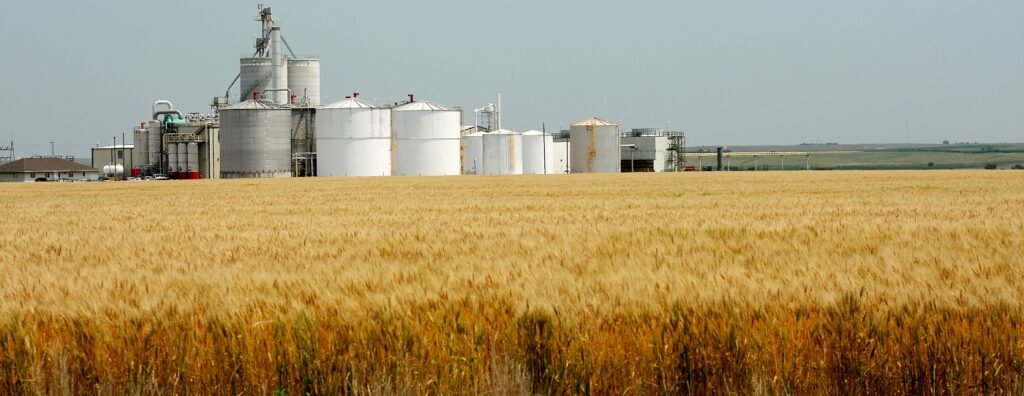This report assesses Nigeria’s biofuels policy by considering the fiscal incentives therein and its effectiveness. Using available data in a two-scenario model, biofuels investment is appraised using financial and economic analytics.
The report starts with a global overview of the biofuel industry, highlighting its growth, and then describes the fiscal elements of Nigeria’s biofuels policy.
Biofuels investment is appraised to capture basic financial and economic analytics. The study finds that the biofuels industry is not economically self-sustaining with the existing incentives. The industry requires $50 billion subsidy over 20 years to break even.
For an integrated biofuels plant producing ethanol in addition to animal feed, refined sugar, and electricity generation for sale, 69% of its revenue is from electricity sales (44%) and refined sugar (25%). This exposes the project to the considerable risk of the Nigerian bulk electricity market and the received waivers are effectively to refine sugar.
Several issues are opened up for consumers and the government. The report recommends their consideration to enhance Nigeria’s energy mix.
The full report can be downloaded here.
